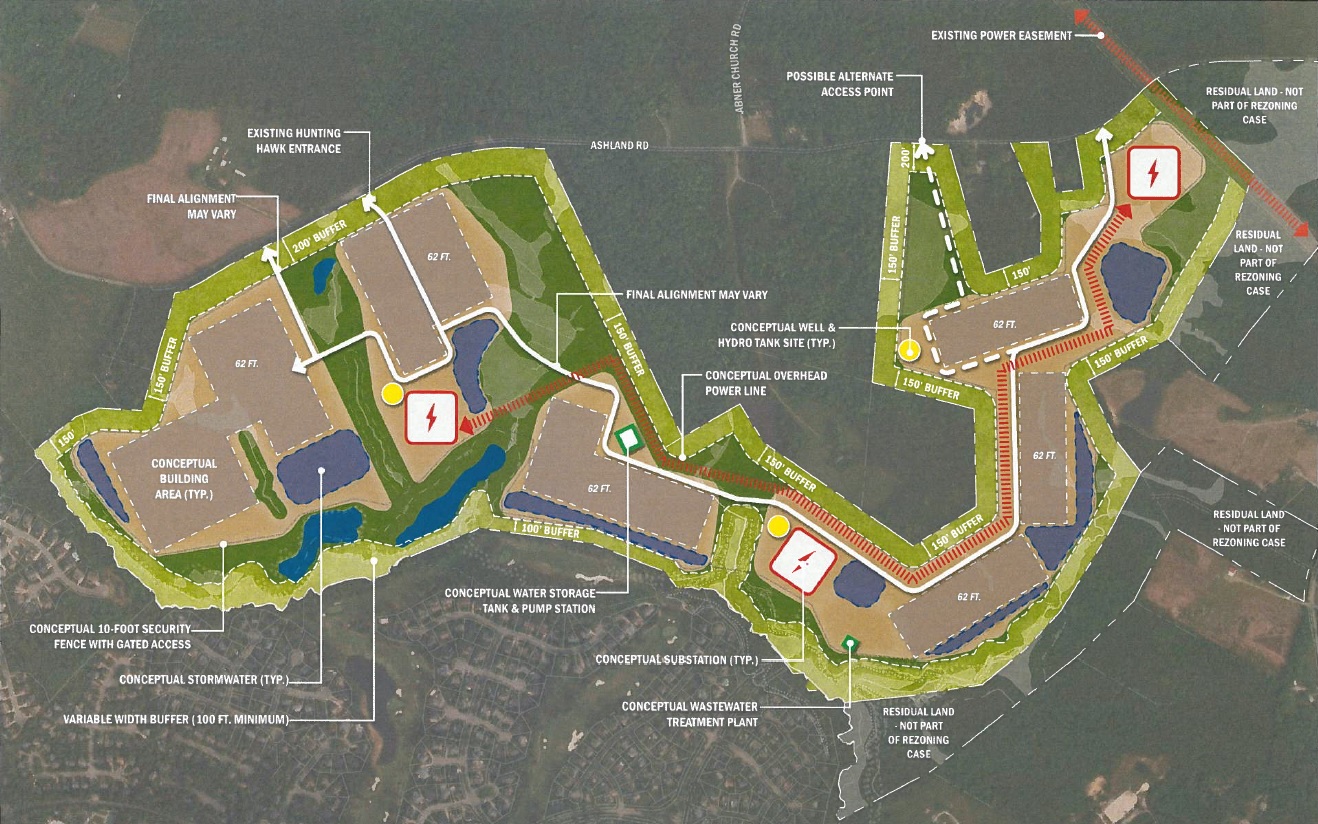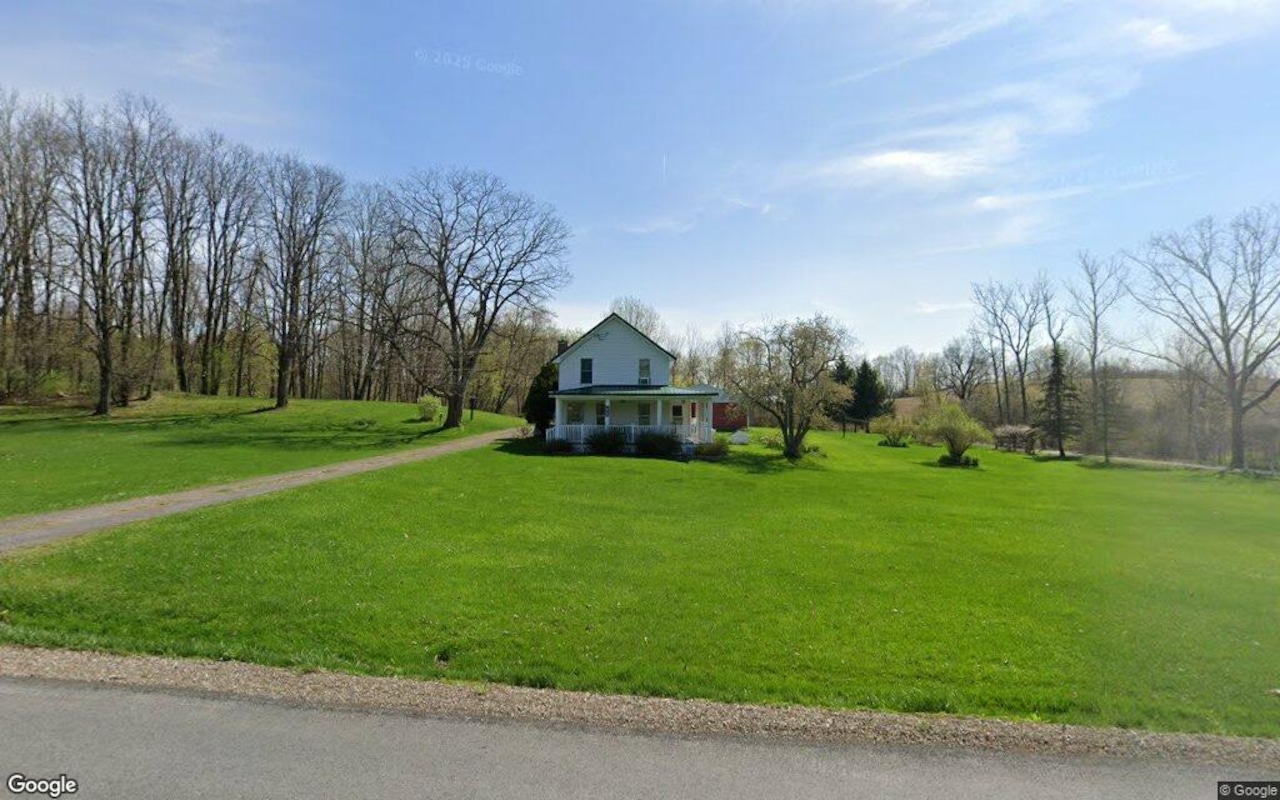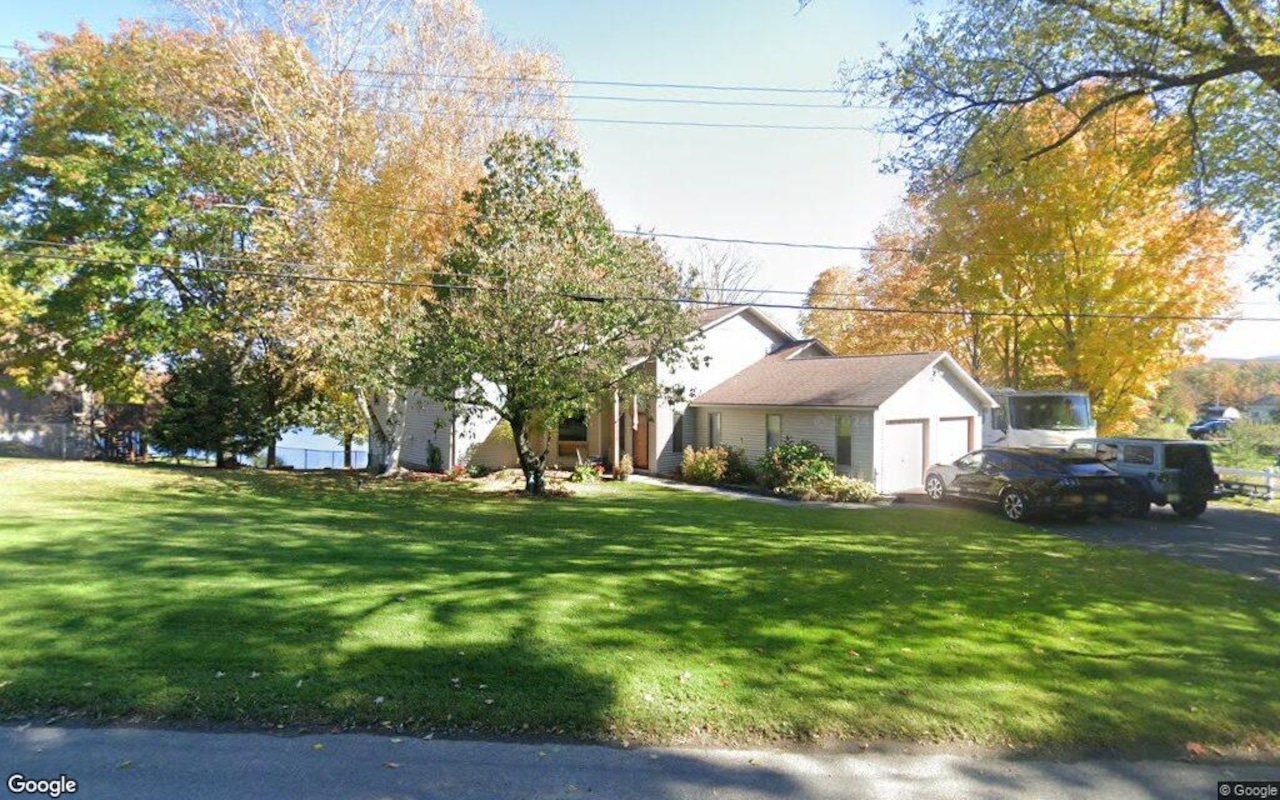H
HHunt Communities has submitted a new development plan for a 410‑acre parcel that includes the Hunting Hawk Golf Club in Hanover, Virginia. The proposal replaces a previously rejected residential project that was blocked by Henrico County over a disputed connector road to the Wyndham community.
The company, which built Wyndham in the 1980s, now seeks to create a 10‑building data‑center campus—“Hunting Hawk Technology Park”—covering 3.9 million square feet. The campus would house data processing, storage, distribution, and internet‑service‑provider search portals. Electrical substations and a 150‑kV transmission line already crossing the northern corner of the property will be expanded, and a new on‑site wastewater pump station will support a dedicated treatment plant. Buildings will be capped at 62 feet, surrounded by 10‑foot security fencing, and accessed through the existing golf‑club entrance and two new points off Ashland Road.
To address visual and noise concerns, the design incorporates vegetative buffers ranging from 100 feet on the Wyndham side to 230 feet along Ashland Road, with wooded areas and additional landscaping. The site is separated from Wyndham by the Chickahominy River headwaters and natural buffers.
HHHunt is requesting a rezoning from agricultural to limited industrial use and an amendment to Hanover’s comprehensive plan to change the designation from “suburban neighborhood residential” to “employment center.” The company also seeks a special exception for building heights and a conditional‑use permit for accessory uses. Hirschler attorney Matthew Roberts is handling the applications, which were filed on August 22, and letters were sent to neighboring property owners, including several Wyndham residents.
The original residential proposal—an age‑restricted community of 55‑plus homes—was met with strong opposition from the Wyndham homeowners’ association, which cited traffic concerns. Henrico County has recently tightened its data‑center regulations, adding another layer of scrutiny. Hanover Supervisor Sue Dibble acknowledged awareness of the applications but has not yet reviewed them in detail. She emphasized that projects must meet community design standards and expressed willingness to evaluate the proposal through public hearings.
Engineering support comes from Vanderweil, a national data‑center planning firm, and local Timmons Group. Ci Design Inc. is the architect, with Thalhimer’s David Smith on the planning team. Timmons completed a traffic impact analysis estimating 2,921 vehicle trips per day once the park is operational, including 350 morning and 117 afternoon peak‑hour trips. A preliminary cultural‑resources review found no known architectural or archaeological resources on the site.
The majority of the land is owned by entities linked to HHHunt: Wellesley Land Ltd. Partnership, HHHunt Verada LLC, and Loch Levan Land Ltd. Partnership. Additional parcels acquired since the residential proposal are under contract with Gilman Lumber Co. and Richmond resident James Dolan. Ridout, HHHunt’s general manager and vice‑president of real‑estate development, said it remains undecided whether the company will sell the land or stay involved if the project is approved. End‑users for the data centers have not yet been secured.
Despite the shift from residential to commercial use, the Hunting Hawk Golf Club will continue operations during the rezoning process. Ridout noted that without the connector road to Wyndham, the residential plan was no longer viable, but the data‑center concept offers a low‑impact alternative that aligns with the area’s power infrastructure and growing demand for technology parks. He concluded that, after extensive research, the data‑center campus represents the highest and best use for the property.













